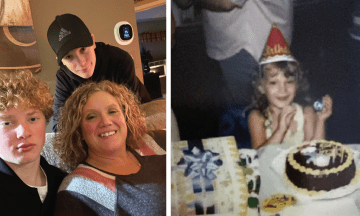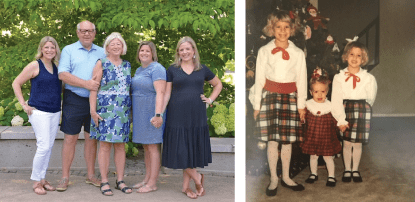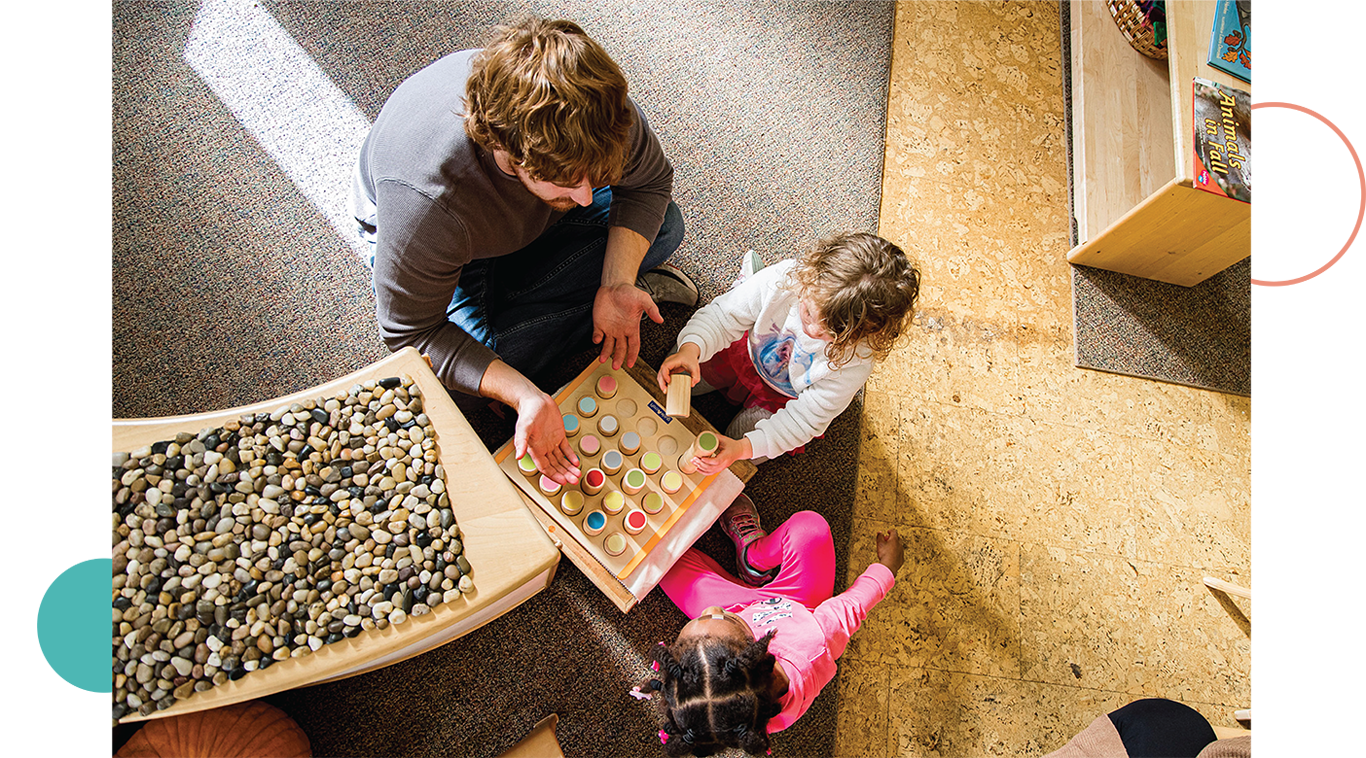Young children may have many questions for their parents and caregivers. Whether or not parents have had a conversation with their child about the virus, they shouldn’t underestimate what their child has absorbed from overhearing news broadcasts and the conversations of the adults around them. It’s wise to begin with what the child knows. Parents should invite young children to tell them anything they may have heard about the coronavirus, and how they feel about what’s happening around them. Parents’ concern for their family’s health may make the subject feel too big and scary for children, but it’s important to keep in mind that a young child’s misinterpretations can lead him or her to imagine something even scarier. Parents should use the opportunity to reiterate the importance of hygiene, especially handwashing, and to explain the concept of “social distancing,” in a way the child can understand. “For now, we are staying home with the people we know best.” Parents should stress that this is temporary, that when our leaders believe it’s safer, lives will go back to normal. “We will be able, again, to go to school, to go to church, to go to the park.” Children may need reassurance that their school building is still there, that their teachers and friends are at home, too, for now.
Children may have worries about illness, and parents should attempt to reassure children that, yes, people get sick, but then they get better. Young children have had this experience, and parents can use this as an example. This is the perfect opportunity to remind children of all the things the family is doing to stay healthy, and that family members will continue to take care of each other. A consistent pattern for meals, naps, possibly, and bedtimes will be reassuring for all young children.
Infants and toddlers may need a different kind of emotional support during this uncertain time, especially ones who are pre-verbal. Although infants and young toddlers may not be able to verbalize their worries and questions, they will still be sensing the anxiety and uncertainty of their family members and caregivers. It will be important for adults to pay attention to what their bodies may be communicating to the children in their arms and in their laps, and to reserve time away from the children for watching the news and for talking to friends and family members about their worries.










